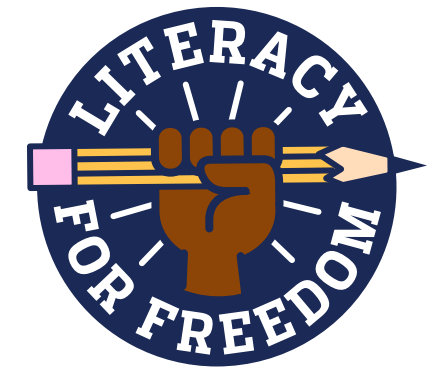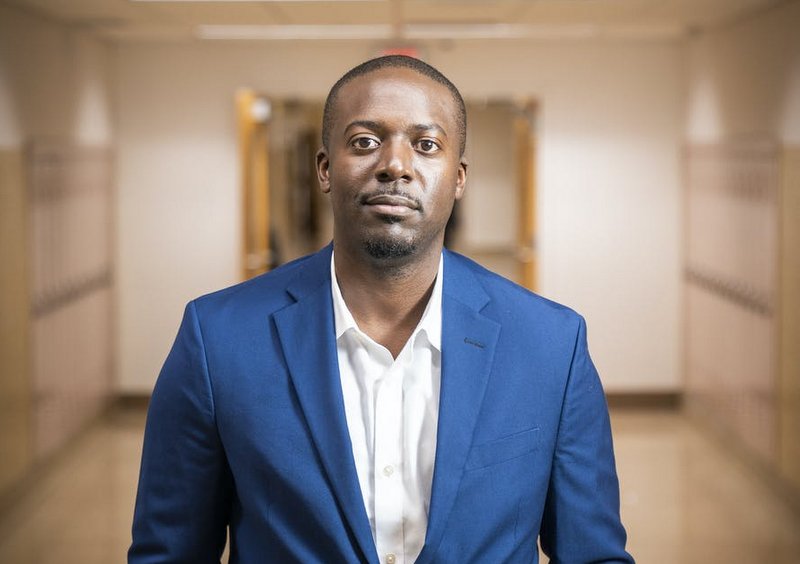Keenan Jones reflects on his work, what drives him and what solutions he believes will give Black boys their best chance at success. By Alex Chhith Star Tribune NOVEMBER 19, 2021 — 3:42PM
Keenan Jones, 38, is on a mission to transform Minnesota’s educational system and advance Black achievement. A 2001 graduate of Osseo High School, Jones is passionate about closing the educational gap between students of color and their white peers. As a Hopkins School District elementary teacher, Jones founded the nonprofit Literacy for Freedom to help Black boys achieve proficient literacy levels, receive mentorship and learn about Black history. Jones also serves on the Minnesota Children’s Cabinet, led by Gov. Tim Walz, and is an advocate for teacher diversity. He reflects on his work, what drives him and solutions he believes will give Black boys their best chance at success.
Q: Tell me more about Literacy for Freedom and how you became interested in helping Black boys improve their literacy skills.
A: I’ve been in education for 13 years and have always been curious about Black boys not engaging in reading. In 2018, I decided to get my master’s degree in literacy education from Hamline University. I graduated in the spring of 2019. My research focused on the Black male literacy gap, Black male achievement and Black male identity in public education. In my studies, I learned about many flaws in our public education system, the school-to-prison pipeline, low proficiency in reading for Black boys, and how to support Black boys in their academic careers. A quote that stuck out to me during my studies was from the great Frederick Douglass: “Once you learn to read, you will be forever free.” I was teaching junior high English in the fall of 2019 and I pitched this idea to a group of 15 Black boys to form a student group for them focusing on identity, literacy and what it means to be a Black man in America. They loved it and Literacy for Freedom was born.
Q: How did Literacy for Freedom’s scope change after George Floyd was murdered?
A: After his murder, I knew the young men that I mentored would need a space to vent. Many of our group sessions centered on police brutality, bias and systemic racism. Seeing these intelligent, vibrant, young men look defeated and confused from the murder, I knew it was time for me to do more. My thoughts were, “If Black males in this community are feeling this way, how many Black males across the Twin Cities are feeling this way?”
Q: How did you make your vision a reality?

